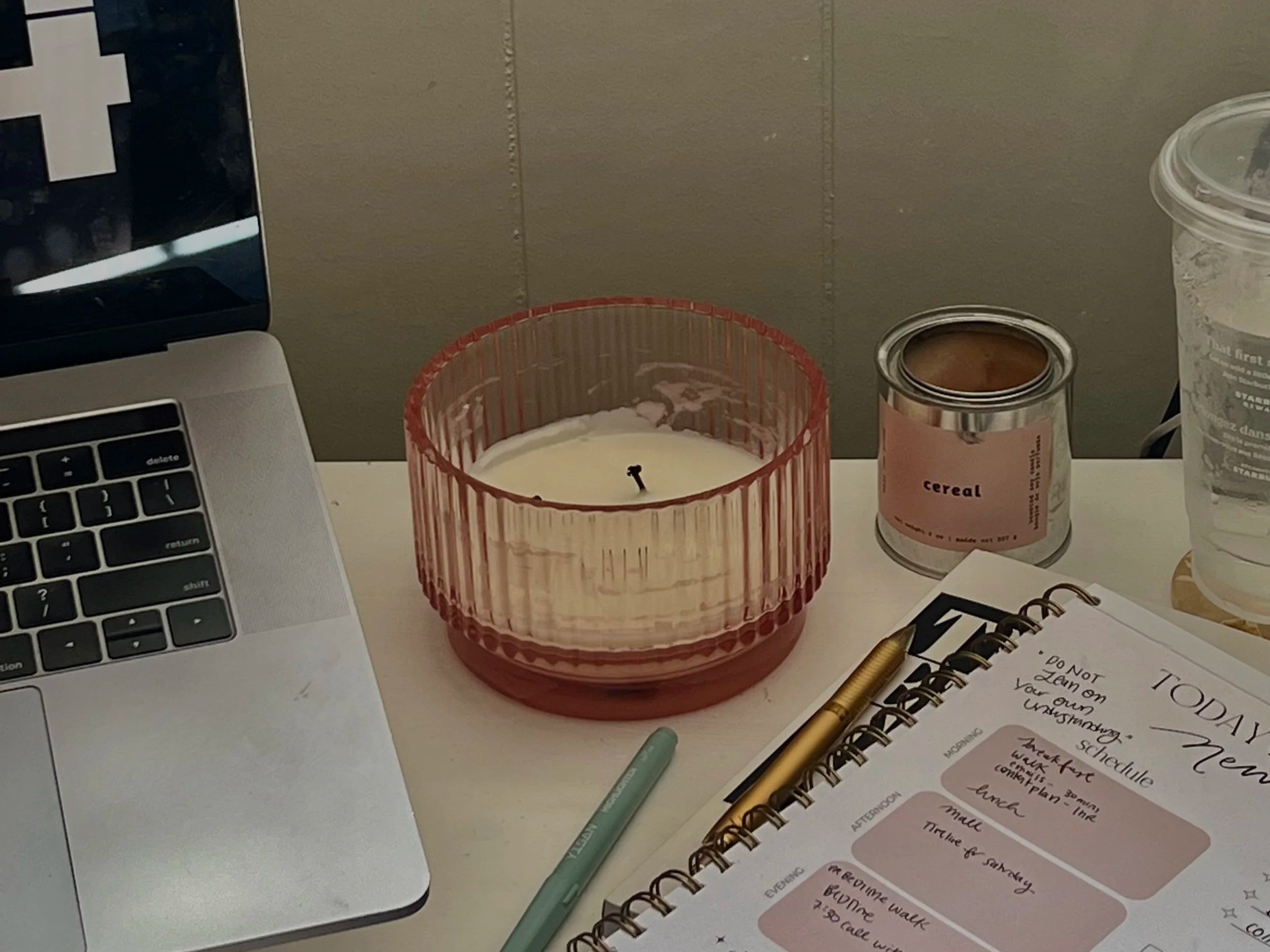Permission To Soften - Why Vulnerability is the Next Level of Leadership
We live in a world that often applauds polished perfection, the leader who never cracks, never falters, never lets the mask slip. But what if the real power of leadership isn’t in holding it all together, but in knowing when to soften?
Leadership often gets painted as strength, decisiveness, and composure. We’re taught to keep the lid on our emotions, to present a version of ourselves that looks polished, unshakable, and in control. Yet the leaders who leave the deepest impact are rarely the ones who hide behind perfection. They are the ones willing to stand in their truth, even when it feels uncomfortable.
Vulnerability is not weakness, it’s the quiet courage to say,
“This is where I am, this is what I feel, and I trust that sharing it won’t make me less—it will make me more.”
When women in leadership allow themselves to admit the weight they carry, something remarkable happens. Instead of eroding authority, vulnerability becomes the very thing that elevates it. It shifts leadership from surface-level management to heart-based connection. And that is where true influence and authentic authority live.
The Fear of Admitting Struggle
One phrase I hear more than almost any other is:
“I don’t want to admit that I’m struggling.”
Not to colleagues, not to family, sometimes not even to close friends. For many women, the idea of speaking those words out loud feels dangerous, as if it might undo all their hard work or tarnish the image of capability they’ve built.
But here’s what I’ve learned: admitting your struggle does not weaken you, it connects you.
When a high-functioning woman allows herself to be vulnerable, something powerful happens. She gives permission for others to breathe out and say, “Me too.” That ripple effect can transform a team, a workplace, even a family culture.
When Exhaustion Hands Over the Steering Wheel
There’s another layer to this struggle that I want to shine a light on. It happens when exhaustion leads to quiet surrender.
You know the moment: your team member suggests a direction you don’t fully agree with, or a family member pushes back, and instead of standing your ground, you sigh and say “Fine.”
Not because you truly agree. Not because it’s the best choice. But because you don’t have the energy for rebuttals or flare-ups.
And little by little, those moments of quiet surrender add up. You find yourself sacrificing your own happiness, your own standards, and even your own leadership voice. Others begin to steer your “ship” in a direction you never intended, simply because you couldn’t muster the strength to hold the wheel.
This is one of the subtle but dangerous signs of high-functioning burnout. Outwardly, you’re still leading. Inwardly, you’re losing yourself.
Affirmation #1:
“I choose to hold the wheel of my own life and steer with clarity.”
The Poison of Silence and Pride
Many of us were raised with unspoken rules: don’t tell anyone, keep it private, don’t share the hard stuff.
But here’s the problem, privacy mixed with pride can become poison. It isolates us. It makes us believe we’re the only ones carrying an invisible load. And over time, it drains not just our energy but our joy.
Even as we advocate for equality, even as we wave neon signs about our capability, many of us are still neglecting the softer, more graceful parts of ourselves. Those parts are not weakness, they’re wisdom. They are what make us whole.
Affirmation #2:
“It’s safe for me to be seen in both my strength and my softness.”
Vulnerability as the New Leadership
True leadership is not about managing tasks, it’s about creating culture. And culture is built through connection.
When you declare your truth, you unlock a new level of authority. It’s magnetic. People want to work with you, follow you, and be around you. Why? Because authenticity is contagious.
This is how we move beyond management and step into pioneering leadership. Not by pretending to be invincible, but by showing up whole, strengths, struggles, and all.
Affirmation #3:
“My wholeness, both light and shadow IS my leadership.”
The Role of Repetition: Rewiring the Brain
Now, here’s a practical tool for shifting these patterns: repetition.
Our brains learn through repeated messages. Every time you see or say a phrase, you’re training your mind to believe it. That’s why affirmations aren’t just fluffy words, they’re powerful tools for rewiring your self-belief.
Here are three to get you started:
“Admitting my struggle does not weaken me - it will elevate me.”
“I give myself permission to find joy, even while I lead - especially while I lead.”
“I choose to hold the wheel of my own life and steer with clarity.”
Write the one that resonates most on a sticky note. Place it on your bathroom mirror, your fridge, your desk, your car dashboard. Let it meet your eyes again and again until it becomes second nature.
This is not just positive thinking, it’s neuroscience. It’s permission to surrender in the aim to expand your leadership training for your brain.
Breaking Down Walls Before Breaking Glass Ceilings
So many professional women focus on “breaking the glass ceiling.” But here’s what I’ve witnessed: before you can break through that ceiling, you first have to break down your own walls.
Walls of silence.
Walls of pride.
Walls of exhaustion and avoidance.
Only then can you rise into the next version of yourself, a leader who is not only effective but deeply fulfilled.
If you’re reading this and recognising yourself in these words, know that you’re not alone. High-functioning burnout is not a personal failure, it’s a cultural epidemic.
But there is a way forward. By admitting your struggles, reclaiming your voice, and practicing daily affirmations, you can shift from survival mode into a more authentic, joyful form of leadership.
You don’t have to keep sacrificing your happiness just to keep the peace. You don’t have to hand over the wheel of your life because you’re too tired to steer. You don’t have to keep hiding behind capability.
You are allowed to be whole. You are allowed to be real. And that wholeness, that authenticity is the most powerful leadership quality you have.
I’ll leave you with one final affirmation to carry into your week:
“My wholeness is my leadership - my leadership is my wholeness.”
Gayle xx




